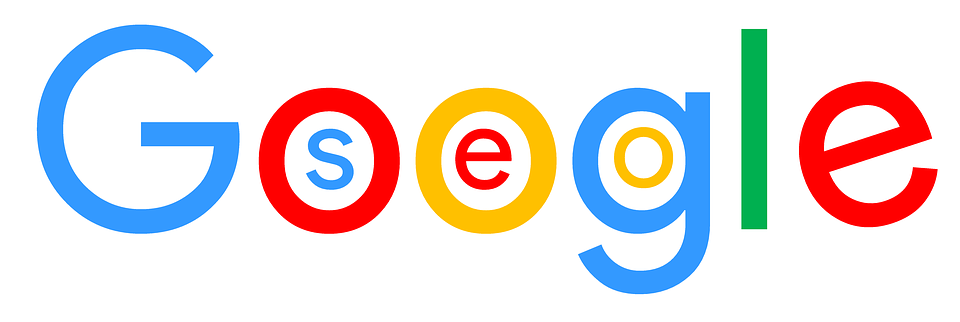For years, search engines used keywords as the most important part of searches. Prior to the increasingly sophisticated algorithm use by major search engines, keyword matching was the only factor in searches. As Google began dominating the search engine world, the company also began making their algorithm much more detailed and the use of keywords in meta-tags and in content became less important. Currently, keywords, long-tailed keywords and meta-tags are used to point the search engines in the right direction, but many other factors gain weight after that.
It can’t be stressed enough just how sophisticated search engines have become and what that actually means to businesses that are trying to improve their search engine ranking:
- The most important attribute for strong SEO ranking is content. Without content, your website has nothing to offer Google’s search bots. To illustrate this, think of your website as a warehouse. There is a big sign on the outside that draws attention, but if there is nothing on the inside, Google goes looking for a warehouse that is full.
- Links and backlinks determine how authoritative your website is. If you have links to websites that are considered to be experts in the field and other websites use backlinks to create an aura of authority around your website, you will garner a stronger response from Google (or whatever search engine is crawling over your information) compared to when a few or less substantial links and backlinks are used.
- Keywords and meta-tags draw the attention of the search engines, but content and links/backlinks are what matters to your ranking.
Although keywords are important, their inclusion is just to get Google’s search bots onto your site. Strong SEO means using them as a signpost to great content with authoritative support.


